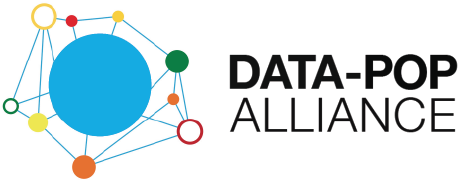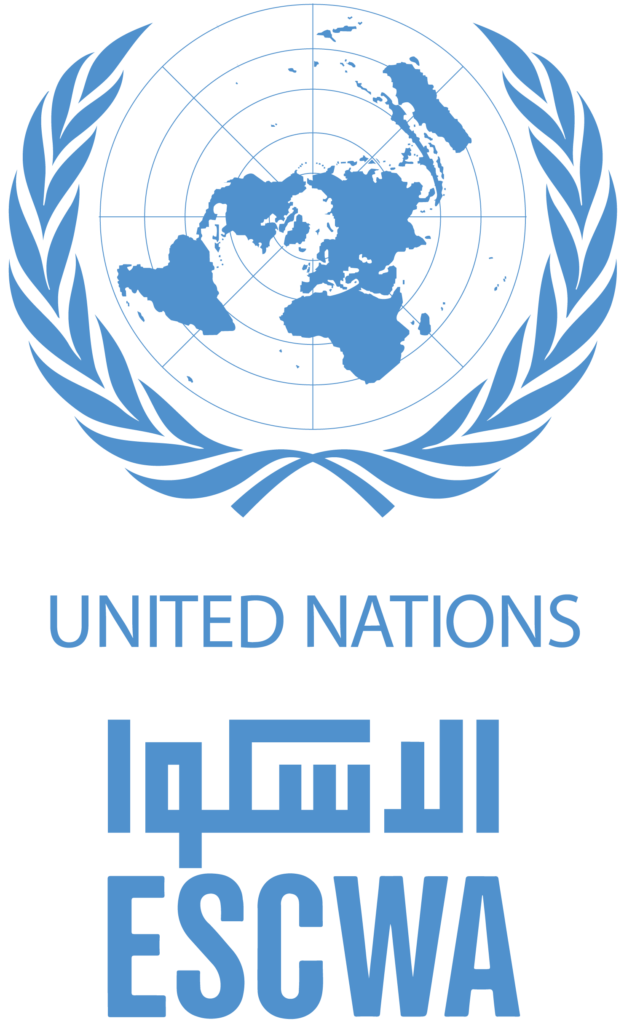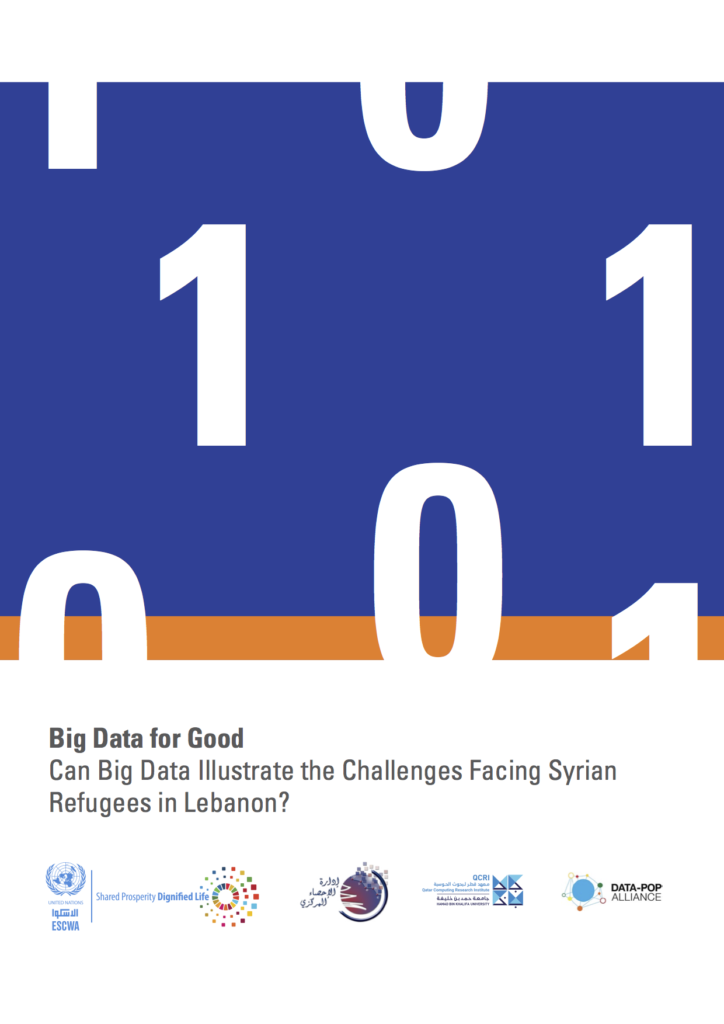Syrian refugees and host communities
in Lebanon
A project with UN ESCWA seeking to leverage behavioral and humanitarian data sources to analyze the challenges faced by Syrian refugees and host communities in Lebanon
About
Big Data has the potential to offer insights on social behavior that can complement traditional data sources, including the living conditions of vulnerable and hard to reach populations. This pilot, led by UN ESCWA, QCRI and Data-Pop Alliance, aims at leveraging traditional and non-traditional data sources, to provide novel insights on the living conditions of Syrian refugees and host communities in Lebanon.
Stages
Diagnose
Pilot research project to explore the extent to which combining sets of traditional and non-traditional data sources and methodologies can provide useful and novel insights on the living conditions of Syrian Refugees and Host Communities in Lebanon.
Mobilize
Through a data challenge, we seek to engage communities of data experts to create additional insights from the data obtained. We will also be holding a capacity and community building workshop to raise awareness on key research results.
Transform
With the creation of a policy note, we seek to summarize key research findings and explore opportunities to scale our research, looking to create added value to UN organizations and Lebanon’s Central Administration of Statistics.
Relevance
- Lebanon has the most Syrian refugees per capita in the world (1.5 million).
- The challenges that refugees face are combined with the pre-existing challenges faced by host communities. Therefore, understanding their needs is key to proposing actions to mitigate and relieve the struggles endured by both populations.
- Funding has remained more or less the same while the challenges have increased, meaning that the funding gap keeps growing.
- Data collection is needed; yet, the collection process is expensive, which is why we explore cost-effective ways of producing more insights by using existing data and complementing it with Big Data.
Publications
Big Data for Good. Can Big Data Illustrate the Challenges Facing Syrian Refugees in Lebanon?
This pilot project explored the potential of unconventional data sources in informing policymakers of the conditions and vulnerabilities of Syrian refugees and Lebanese host communities. Using vast amounts of information to extract patterns and insights, the report outlines key recommendations and solutions formulated based on the examination of the data.
More specifically, the report analyses the predictive capacity of non-traditional data sources, obtained through secure and privacy preserving processes, to provide insights on the development challenges faced by refugees and their host communities.
Related work
The Data for Refugees (D4R) Challenge is a non-profit challenge initiated to improve the conditions of the Syrian refugees in Turkey by providing a special database to scientific community for enabling research on urgent problems concerning refugees, including health, education, unemployment, safety, and social integration.
Contact
If you have inquiries in regards to this project, please contact Andrés Lozano at alozano@datapopalliance.org




